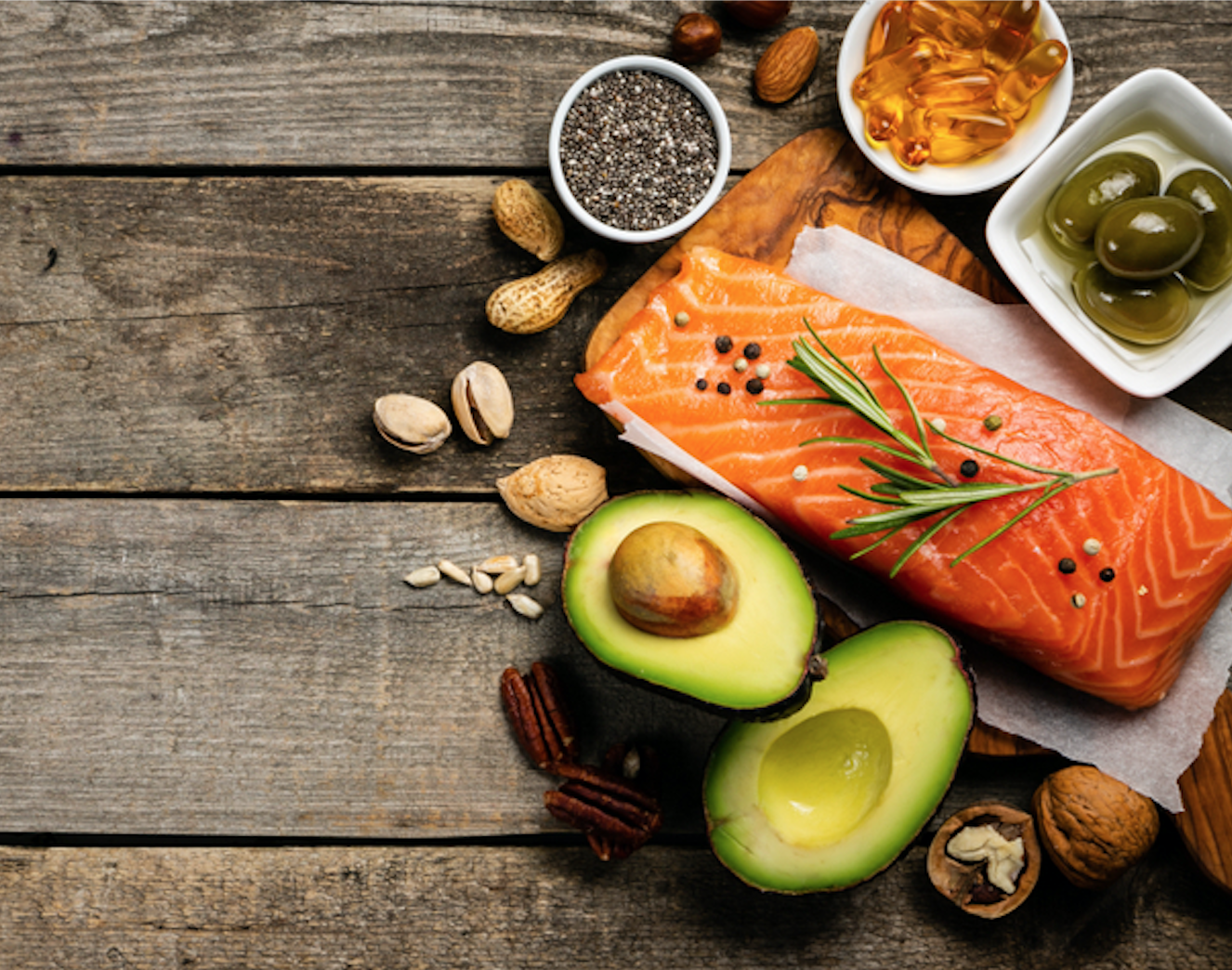
HONEST ADVICE FOR THE KETO CURIOUS
AN EXPERT CHIMES IN TO ANSWER OUR READER’S (FAT) BURNING QUESTION
Question: You name the diet craze of the past ten years and I’ve tried it. I usually experience success, but after six months to a year wind up right back where I started. Hence, I’m being cautious as I approach all the information that’s out there about the keto diet. Should I jump in? Is this going to be the one that finally works?
— Keto Curious
Answer By Mike Simone,
founder, HumanFitProject.com
Like almost everything fitness- and nutrition-related, there’s never really a hard “yes” or “no” to anything. There’s always a caveat or exceptions to the rules. Let’s try and break it down.
The keto diet is hot right now because it does actually work. You’ll lose weight and burn fat —pretty much guaranteed. However, like most diet crazes, there’s a catch or two or three. We’ll get to those later.
Without getting into a full scientific dissertation on how Keto actually works, let’s call it for what it is: You’re cutting your carb intake to a negligible amount (approximately less than 10 grams per day). OK, you’ve heard that approach before. “Carbs are the enemy, yada, yada, yada.” (They are not, but you get where we’re going here.)
Given the fact that carbohydrates are our bodies’ preferred source of energy (nutrition 101), when they’re taken away, we need to use another nutrient that’s available: fat. Keto is essentially swapping one energy source for another. So when you’re “going Keto,” your body is actually going into something called “ketosis”.
OK, all of that sounds great so far. You’ve flipped the switch and you’re dropping the pounds. However, here’s where things get complicated:
You might notice your strength training numbers start to plummet. And if you love a couple HIIT workouts during the week, forget about it: you’re going to be gassed in about half the time as when you ate your oats and sweet potatoes. Don’t believe me?
A 2018 study in the Journal of Sports Medicine and Physical Fitness found men and women following the Keto diet saw declines in short, intense anaerobic exercise (think: supersets or strength circuits). And that’s not all: another 2017 study in the Journal of the International Society of Sports Nutrition observed HIIT performance declines in five athletes that followed the Keto protocol for 10 weeks.
However, here’s the good: Body composition changes will probably happen, but here’s the bad again: Will you be able to sustain those body composition changes as your performance declines? Maybe, maybe not. Will you be able to sustain a diet that has created an entire metabolic shift? Maybe, maybe not. From your experience, it sounds like you’ve had trouble finding something sustainable, so you might want to think about whether this sounds like something you can see yourself doing long-term.
A good happy medium for you might be to try this: Look up your caloric needs for your gender, age, height, weight, and activity level. There are plenty of apps and online tools (like THIS ONE) that can do the calculations.
First, look at your total calories. It’s fairly straight-forward: If you’re eating MORE calories than your body needs, you’ll gain weight. If you’re eating LESS than your body needs, you’ll lose weight. Once you’ve found the total calories for your goal weight, you can begin experimenting with your macronutrients: protein, carbs, and fats. If you’re inclined to try the Keto macros, go for it, and if it works and you feel you’re able to sustain it, great!
A more conservative route would be to go 50/30/20 for protein, carbs, and fat respectively. This will give you plenty of protein to support building and maintaining muscle, a small base of carbohydrates to fuel killer workouts, and enough (but not too much) fat for additional energy and support for your organs and hormone levels. From there you can manipulate things based on how you look and feel. Pull the carbs back more if you’re still feeling thick, or reintroduce more if you’re feeling sluggish. Your ultimate goal should be to find something that allows you to reach your target weight and body fat levels while being safe and sustainable. While Keto does work, it might not necessarily be sustainable.
Mike Simone is the former executive digital director of Men’s Fitness magazine. He’s also the founder of HumanFitProject.com, a fitness and wellness brand, and DigitalFitnessAdvisor.com, an exclusive training and nutrition programming service. Follow him on INSTAGRAM, FACEBOOK, and TWITTER.

